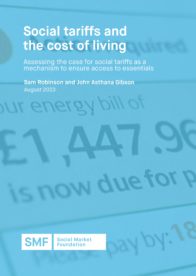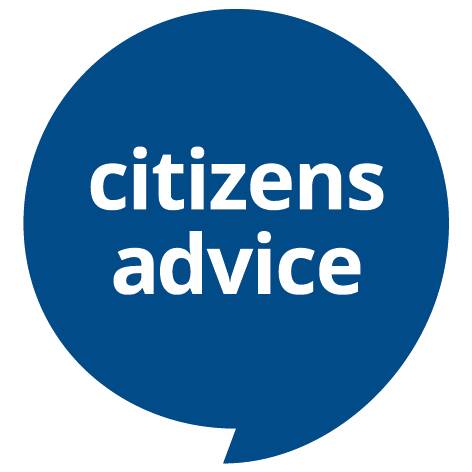As the cost of living crisis intensifies, there are growing concerns that the market is unable to provide affordable access to essential goods and services. This interim report investigates the depths of the affordability crisis and the case for social tariffs – discounts on products sold in free markets granted to disadvantaged consumers – as a means of helping those most in need during the current crisis, and beyond.
We conducted two online focus group sessions with low-income individuals and analysed nationally representative poll of 4,000, to understand households’ experiences with affording essentials amidst the cost-of-living crisis.
KEY FINDINGS
- The ‘Martin Lewis effect’ – using consumer information to get better deals – has its limits.
- Some 80% of people reported shopping around for food and groceries but around 1 in 6 of those found it difficult.
- Those on lower incomes were more likely to say that they almost never found better prices when shopping around.
- Some focus group participants felt that shopping around was ineffective as businesses were not passing on wholesale cost reductions to consumers.
- Over half of respondents say they spend more than half of their household income (after housing costs) on essentials, and 29% of those ‘struggling financially’ reported spending over 80% on essentials.
- The public are supportive of the idea of social tariffs – 59% are in favour of giving discounted rates for essential goods and services to certain households across all demographic groups, with 12% against.
- However, problems preventing the existing offering of social tariffs living up to their potential include:
- Awareness: a third of universal credit recipients had not heard of social tariffs for broadband, and around a fifth believed that they were not eligible.
- Accessibility: two-fifths of those who did not claim a social tariff despite being eligible stated that they did not know how to claim it.
- Level of support: 52% of people did not believe there is enough support to help struggling households afford essentials.
- The final stage of this project – commissioned by Citizens Advice – will build on this analysis to design a coherent policy framework to help households to afford their essentials during the crisis and beyond.


